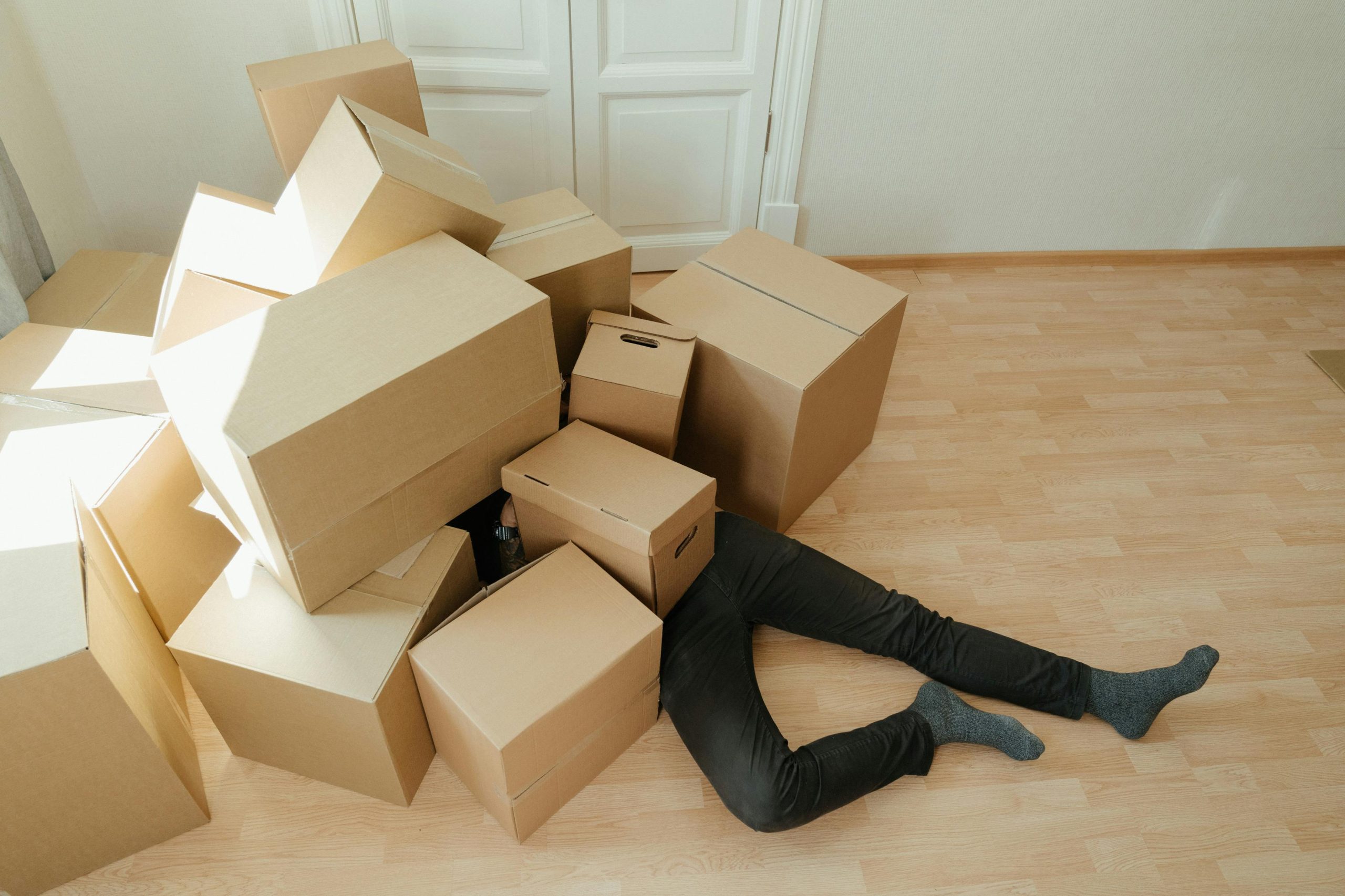Navigating Post-Repair Problems After a Rear-End Collision: Protecting Your Rights and Solutions
Dealing with the aftermath of a car accident can be challenging, especially when unexpected issues arise during the repair process. Recently, a vehicle owner experienced a difficult situation after a rear-end collision and subsequent repairs that did not go as planned.
The incident began with the vehicle being rear-ended by another driver. The at-fault party’s insurance accepted liability, leading to repairs at an approved facility. The repairs focused primarily on the rear bumper and backup camera system. Despite repeated delays in pickup, the car owner was finally informed that the vehicle was ready for collection.
However, upon arriving at the shop, the owner was met with alarming news: the car now refused to start. The repair shop claimed an electrical wiring problem had emerged during repairs—an issue they distanced themselves from, asserting it was not their responsibility. As a result, the owner was instructed to arrange for towing at their own expense and to seek repairs independently.
Before the collision and repairs, the vehicle was operating flawlessly. It was transported to the repair shop without any mechanical issues, and diagnostics confirmed only the broken backup camera. After the incident, the insurance company for the at-fault driver disclaimed further responsibility, leaving the vehicle owner to grapple with a non-starting car, unexpected electrical faults, and an unforeseen towing bill.
This predicament raises important questions about rights and next steps. If you find yourself in a similar situation—where post-repair issues are caused or exacerbated by collision repairs—consider the following options:
-
Document Everything: Keep detailed records of all communications, repair reports, and diagnostics. Photos and videos can also be valuable.
-
Review Repair Warranties: Check if the repair shop offers warranties on their work. Many reputable shops will stand behind their repairs and address issues arising from their work.
-
Seek a Independent Evaluation: Have an impartial mechanic assess the vehicle to identify the root cause of the electrical problems and determine if they are related to the recent repairs.
-
Contact the Repair Shop: File a formal complaint with the repair shop, requesting that they investigate and resolve the electrical issue, especially if it appeared after their work.
-
Consult Legal Advice: If the insurance provider denies responsibility or refuses to cover damages caused during repairs, consulting with an attorney experienced in vehicle damage and insurance claims can help you understand your rights and options.
-
**File a Complaint with Regulatory



